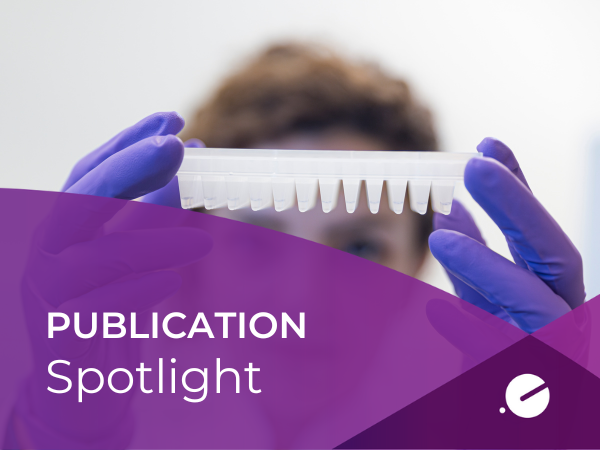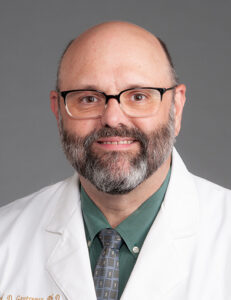With the rapid progress of next-generation sequencing (NGS), the question arises: should deceased donor HLA typing move away from traditional PCR-based methods and rely exclusively on NGS? In his paper, Prof. Michael D. Gautreaux discusses how advances in sequencing speed and accuracy may change the future of deceased donor HLA typing, presenting a case study that underscores the limitations of PCR-based methods.
As the author, Pr. Michael D. Gautreaux* explains: ‘HLA is the most polymorphic genetic system known to science. Its role in self/non-self discrimination helps to protect us from various infectious diseases; but also makes transplantation more difficult. Different HLA typing technologies have allowed us to better differentiate differences in HLA types that were not apparent by older, lower-resolution techniques. Now that rapid next generation sequencing is available in a form that allows for deceased donors typings within the tight timelines for allocation, we are seeing that lower resolution methodologies are no longer able to account for HLAs that are less- common. In this study, real-time PCR appeared to call a “routine” HLA-A23. Next generation sequencing showed that the donor’s apparent HLA-A23 was in fact a null allele (HLA-A*23:19N). We may never know if a potential recipient that was excluded based on the apparent presence of an HLA-A23 antigen on the donor was denied a transplant, when in fact there was no HLA A23 expressed.
In this paper, my fellow authors and I argue that if rapid NGS typing is encouraged, the already low error rate in decease donor typing would be reduced even further. The methodology is economically feasible for almost all histocompatibility laboratories. Indeed, the minor investment in NGS typing is well worth the costs because organ allocation can be carried out based on accurate typing information instead of mere allele associations based on low resolution typing.’
To access the full article, click here
*Michael D Gautreaux is Professor at the Wake Forest School of Medicine and Director of the HLA/Immunogenetics and Immunodiagnostics Laboratories



